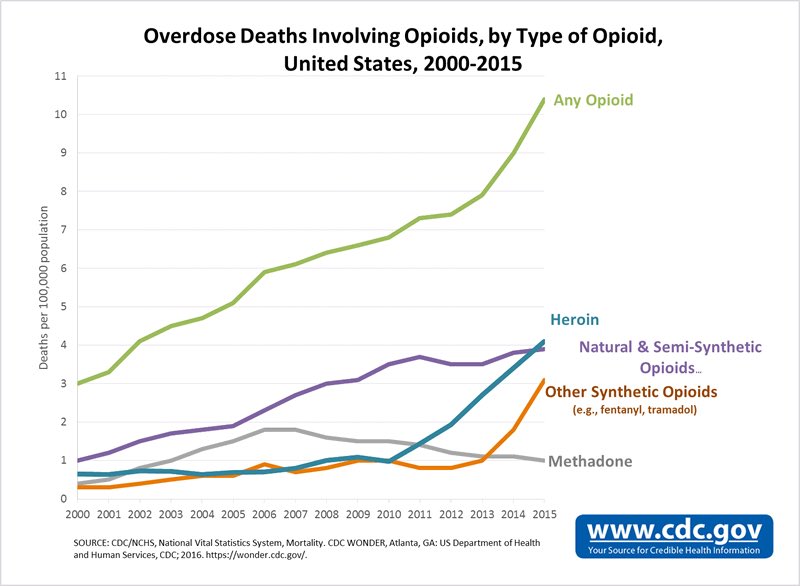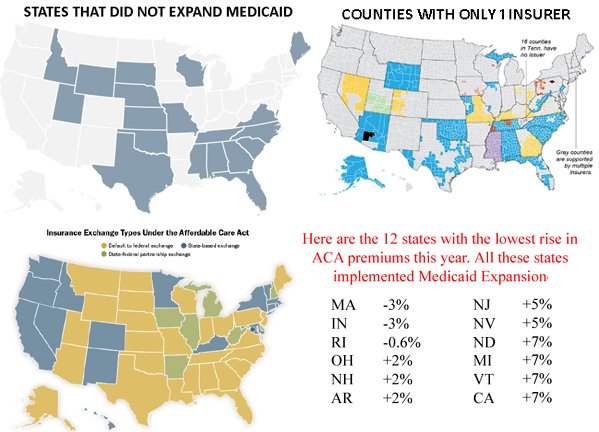Bonen no Max'd
Banned
People are frustrated with experts because we've delegated increasing amounts of authority to them while our life expectancy and incomes drop. Alan Greenspan was an expert. Dick Cheney was an expert. Experts told them that NAFTA would be a huge job creator in the US while certified crazy man Ross Perot said there would be a "huge sucking sound" of job loss. One of them was right about where the wealth would be going.
People feel like they have less control over their lives and less power in their democracy than they used to. Political power is increasingly consolidated into smaller and smaller groups of people while our lives are largely dictated by large corporations. As people lose agency, they're going to distrust the idea of placing more power into the same hands that got them there in the first place.
People feel like they have less control over their lives and less power in their democracy than they used to. Political power is increasingly consolidated into smaller and smaller groups of people while our lives are largely dictated by large corporations. As people lose agency, they're going to distrust the idea of placing more power into the same hands that got them there in the first place.


